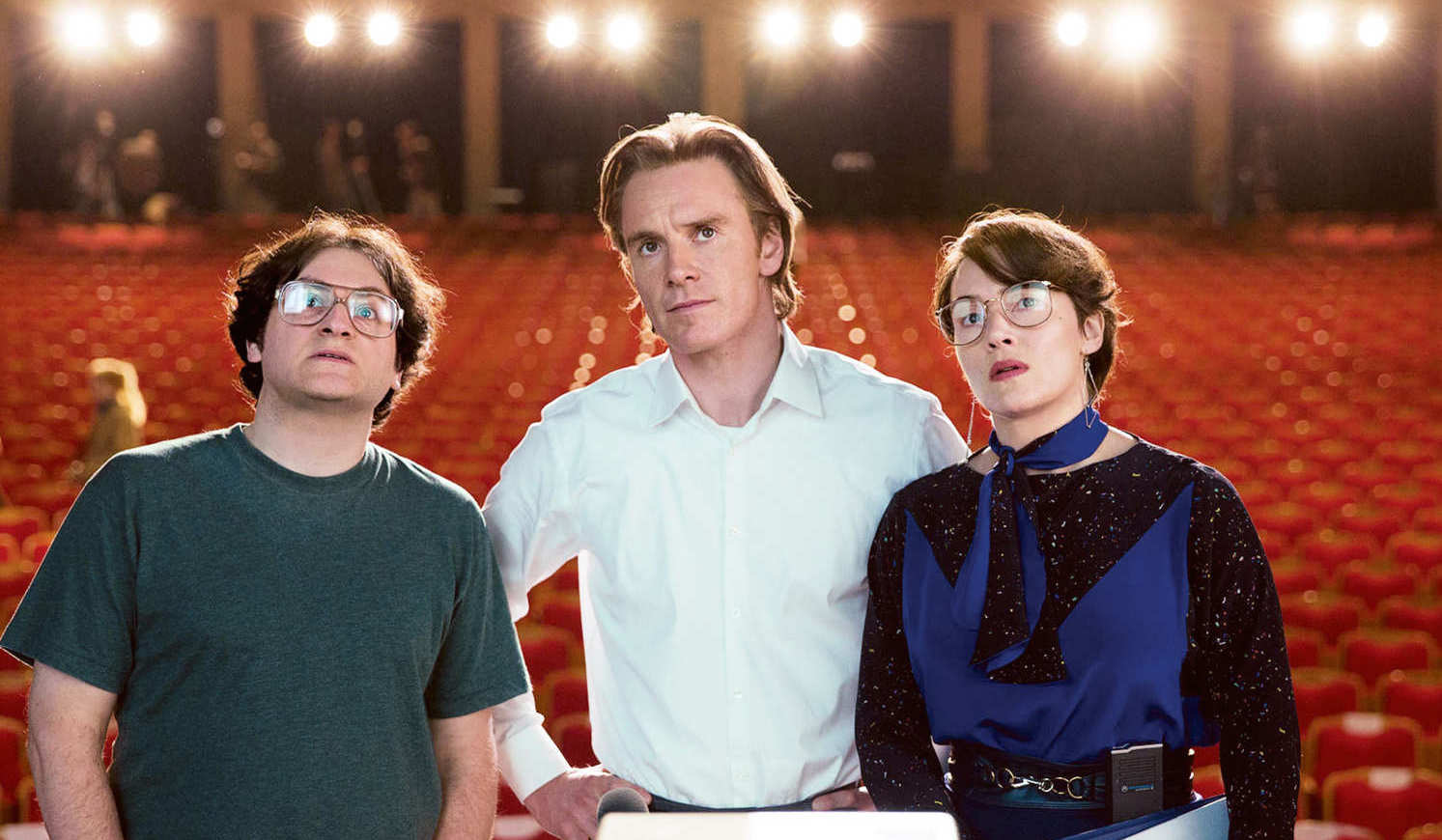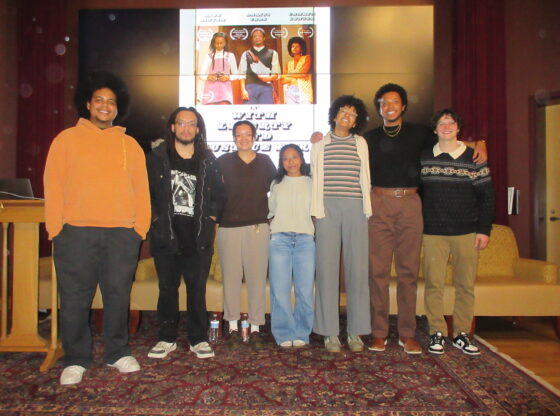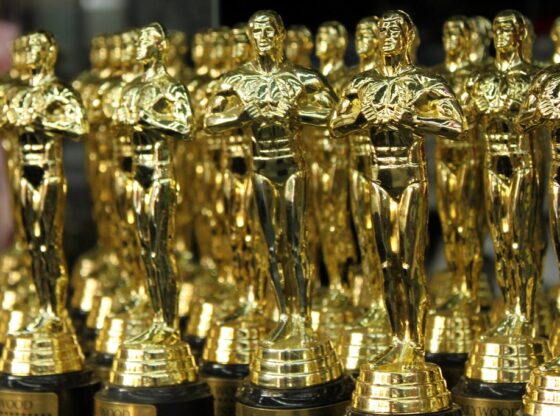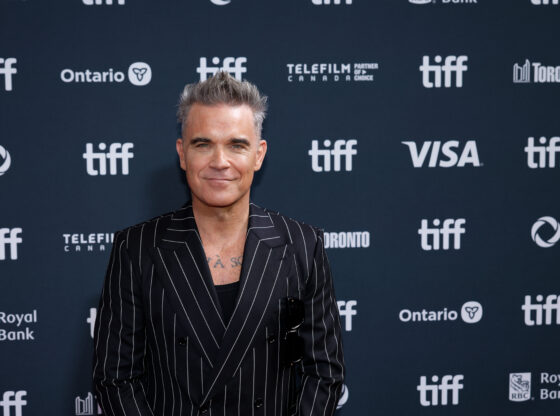Set backstage at three major product launches in the decades before Apple truly took the world by storm, “Steve Jobs” paints a complex portrait of a man who would become a household name and change technology forever. Directed by visionary director Danny Boyle (“Slumdog Millionaire”) and written by infamously fiery screenwriter Aaron Sorkin (“The Social Network”), the second cinematic attempt to capture the mythical man that was Apple’s Steve Jobs (Michael Fassbender, “12 Years a Slave) asks one seemingly simple question: can a man who is great at what he does also be a good person?
The answer to this question is not an easy one, but the team behind this film attempts to solve it in utterly dazzling fashion. The film is an absolute triumph from start to finish, with the acting, writing and direction in top form. These three aspects work together so seamlessly that it’s easy to forget that the real story behind these events wasn’t particularly exciting. Many of the events portrayed in the film occurred without a hitch and without many of the characters present in the script causing tension with Jobs. Sorkin’s script certainly takes a large amount of artistic license, elevating relatively unspectacular events to tense and quick-paced scenes of drama, but it’s important to remember the purpose of the film is to try and explore what made Jobs tick rather than every little thing he did. This is why the narrative is unusually structured around the reveal events for three of Job’s biggest products (the Macintosh, the NeXTCube and the iMac, respectively) instead of the standard biopic format. This three-act structure, which morphs the film into an elaborately beautiful play, allows the audience to watch Jobs’ soul unravel behind the scenes of events that defined him most to the outside world. It’s an ingenious arrangement.
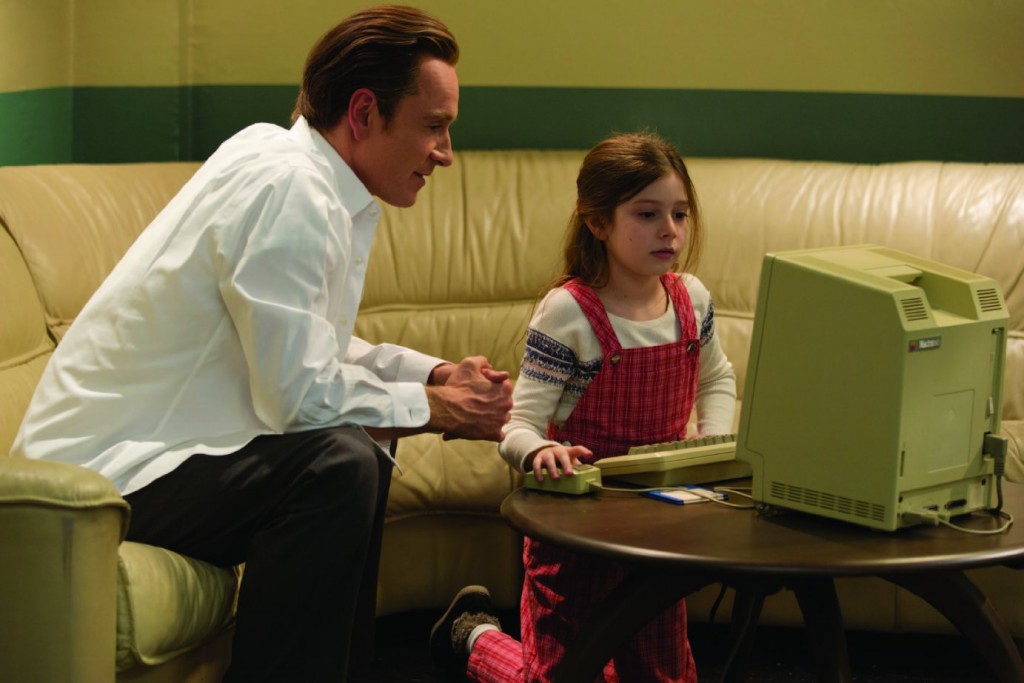
Photo Courtesy of imdb.com
Like in any good play, the acting is what really shines. Michael Fassbender is unquestionably electric as Jobs. It’s no easy task to work from a Sorkin script, especially one as thorny and biting as this one, but Fassbender is more than up to the task. He brings the cruelty, the genius and the intensity needed to bring Jobs to life, finally creating a depiction that is equal to the horror stories that have haunted Jobs’ legacy. Kate Winslet’s (“Titanic”) performance as his long-suffering “work-wife” and marketing executive Joanna Hoffman is equally powerful, providing a vital moral counter to Job’s brash and fiery persona. Seth Rogen (“This is the End”) and Jeff Daniels (“The Newsroom”) also put in stellar work as Apple co-founder Steve Wozniak and CEO John Sculley, both showing the pain and frustration of working with a man who they admire and respect that in turn does little to show gratitude for them.
What comes out of these powerful performances and the deft writing behind them is a portrait of a man who considers his work to be better than himself, so he thinks of nothing but himself in order to change the world. He struggles with anger and pain over a daughter he doesn’t believe to be his, struggles with his past and struggles with the expectations of a world who seems to worship him. The film pays its respects not by glorifying him, but by being as honest about his soul as possible. It inspires one to think differently. That’s probably what Jobs would have wanted, no matter what the cost.

